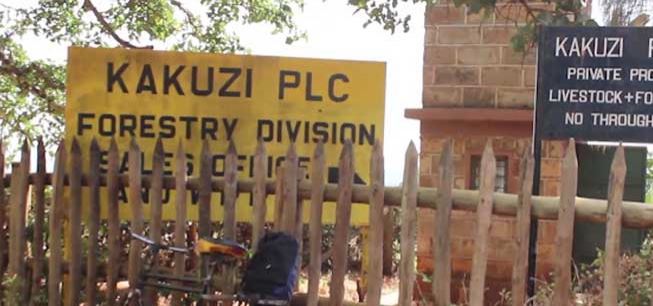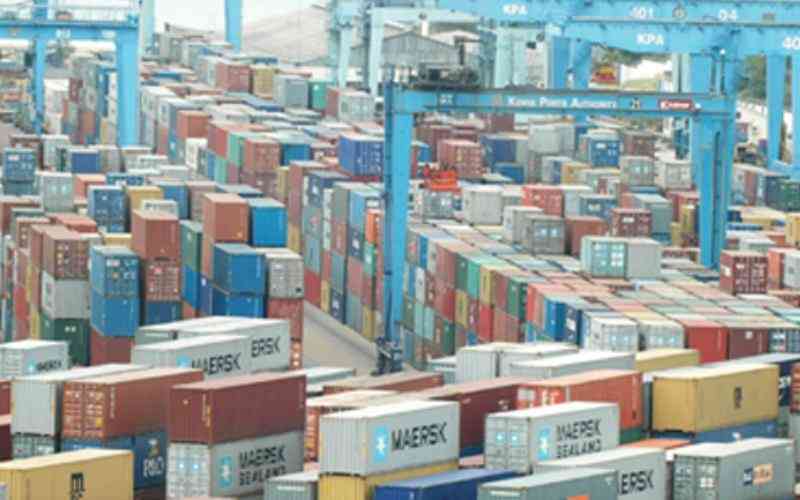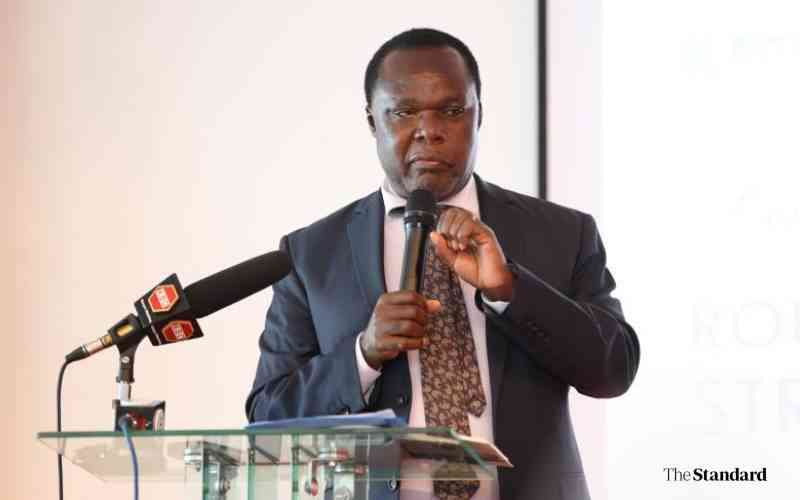×
The Standard e-Paper
Join Thousands Daily

The Kenya Human Rights Commission wants the Murang’a County Assembly to block any plans to renew the land leases held by Kakuzi until claims on historical land injustices are resolved.







